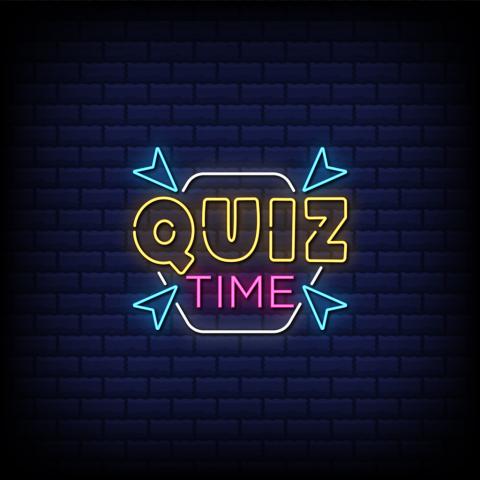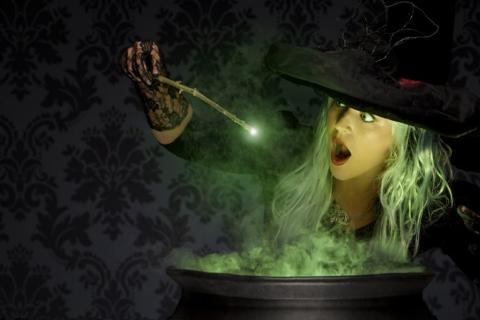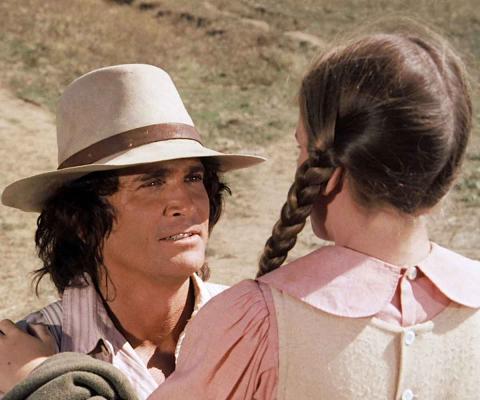Shakespeare Words
What does "beldams" mean?
- Beldams was coined by Shakespeare in Macbeth and means "hags." It was often used to describe ugly or malicious women, and sometimes witches.
What does "fulsome" mean?
- Fulsome, meaning "fat," was used by Shakespeare in The Merchant of Venice. Nowadays, it's more commonly used as a positive to denote large quantities.
What does "patch" mean?
- Patch means "fool" or "clown" and was used in Shakespeare's The Merchant of Venice. Nowadays, patch is usually used as a noun and refers to a piece of material used to fix something.
What does "want-wit" mean?
- Want-wit means "one who lacks wit" and was used in Shakespeare's The Merchant of Venice. It was also used in place of the word "fool."
What does "whoreson" mean?
- Whoreson means "worthless" and was used in Shakespeare's Hamlet. Its literal translation refers to a child without a father.
What does "gleek" mean?
- Gleek means to "mock" or "jest" and was used in Shakespeare's Romeo and Juliet. It is an archaic word that doesn't see much use nowadays.
What does "cozen" mean?
- Cozen means to "cheat" and was used in Shakespeare's The Merchant of Venice. Nowadays, it is translated as "to deceive or trick."
What does "bootless" mean?
- Bootless means "worthless" and was used in Shakespeare's King Lear. It is an archaic word that is hardly in use today.
What does "atomies" mean?
- Atomies means "miniature beings" and was used in Shakespeare's Romeo and Juliet. It can also be translated to mean "skeletons," though it isn't really in use today.
What does "mooncalf" mean?
- Mooncalf means "montrosity" and was used in Shakespeare's The Tempest. It got its name from the monstrous births of some cows.






